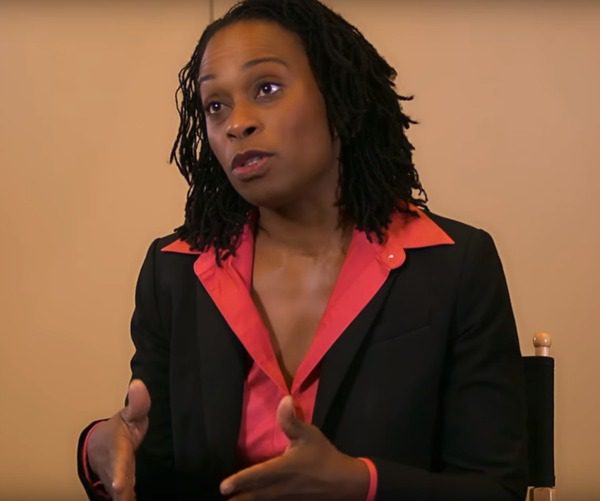
Representatives from the University of Wisconsin-Madison are attending COP21, the United Nations Climate Change Conference held in Paris through December 11. Among them is Jonathan Patz, professor of environmental studies and population health sciences. Patz is currently leading UW-Madison’s Massive Open Online Course Climate Change Policy and Public Health, a free learning experience available through the end of the year. It explores how the effects of climate change—natural disasters, heat waves, social disruption—threaten public health.
In conjunction with the course, UW-Madison hosted a panel discussion at last month’s annual meeting of the American Public Health Association. Participants in “Climate Change & Public Health: Policy in Action” included Patz; New York Times journalist Andrew Revkin; author Bill McKibben; Linda Rudolph of the Center for Climate Change and Health; Howard Learner of the Environmental Law and Policy Center; Nisha Botchwey, professor at the Georgia Institute of Technology; and Howard Frumkin, dean of the School of Public Health at the University of Washington-Seattle.
Frumkin sees climate change as one of the century’s major public-health problems. “If we don’t get this right, we face enormous challenges to public health,” he said. “If we get this right, we have a healthier, safer, more happy and fulfilled public around the world.”
Botchwey believes that city planning is crucial to climate change policies. “Without having the conversations now, we will not have the solutions tomorrow to address bigger problems—problems that are not just about water, housing, or transportation infrastructure, but about access and equity,” she said.
Like Botchwey, Rudolph warns that climate change will hit disadvantaged communities the hardest. “The health of our communities is dependent on having equity,” she said. “Inequities lead to very stark differences in life expectancy for people of color and people living in poverty. We know that climate change will exacerbate those inequities.”
Learner insists that people have the power to address climate-change problems, including reducing pollution from coal plants. “We need the political will, the business drive, and the policy and technology drive to help make a difference,” he said. “It’s about the future of the planet.”
While UW-Madison’s Climate Change Policy and Public Health addressed the problems related to climate change, the Massive Open Online Course also emphasized the health benefits of climate-change prevention. These include cleaner air, improved physical fitness, and diets less reliant on meat.